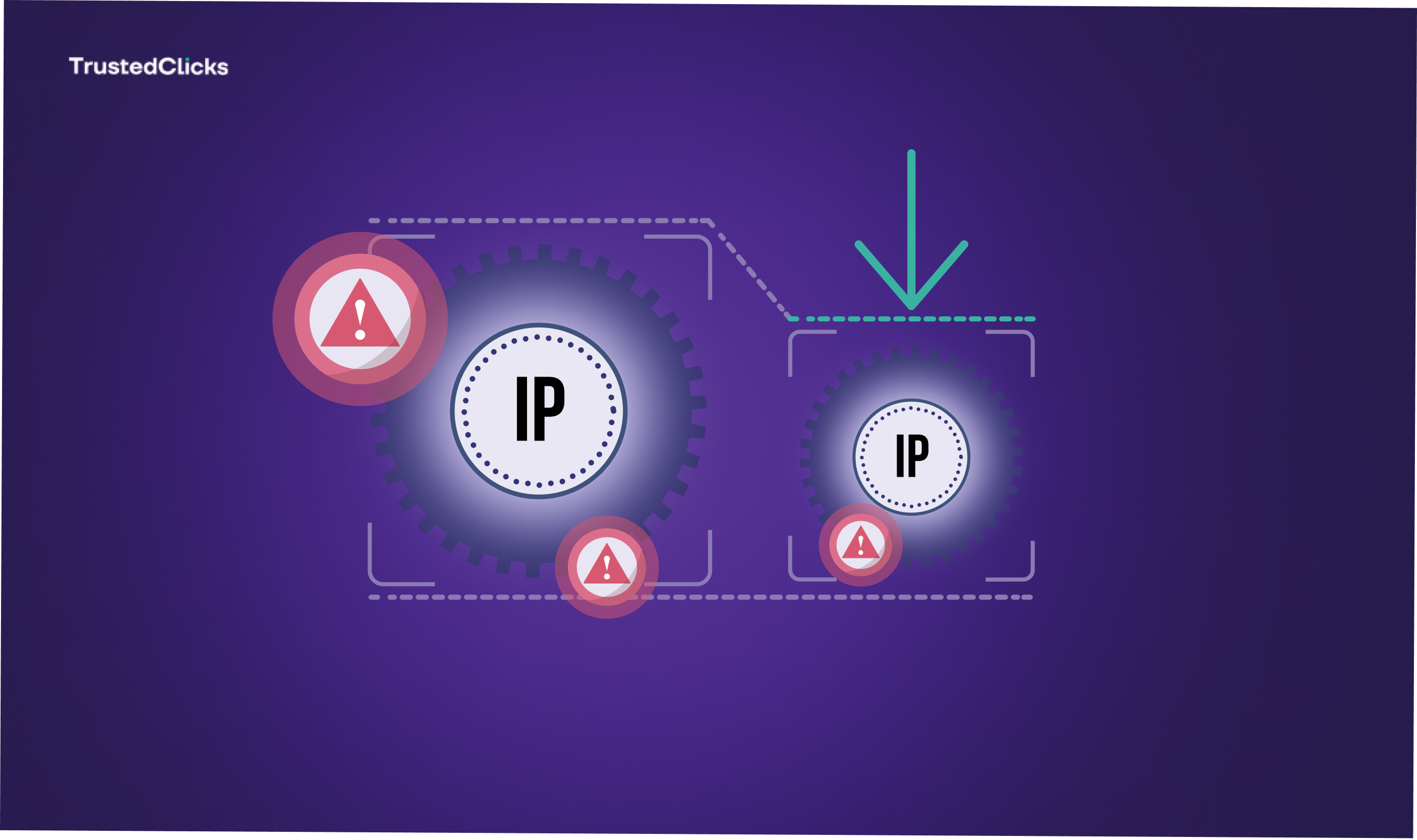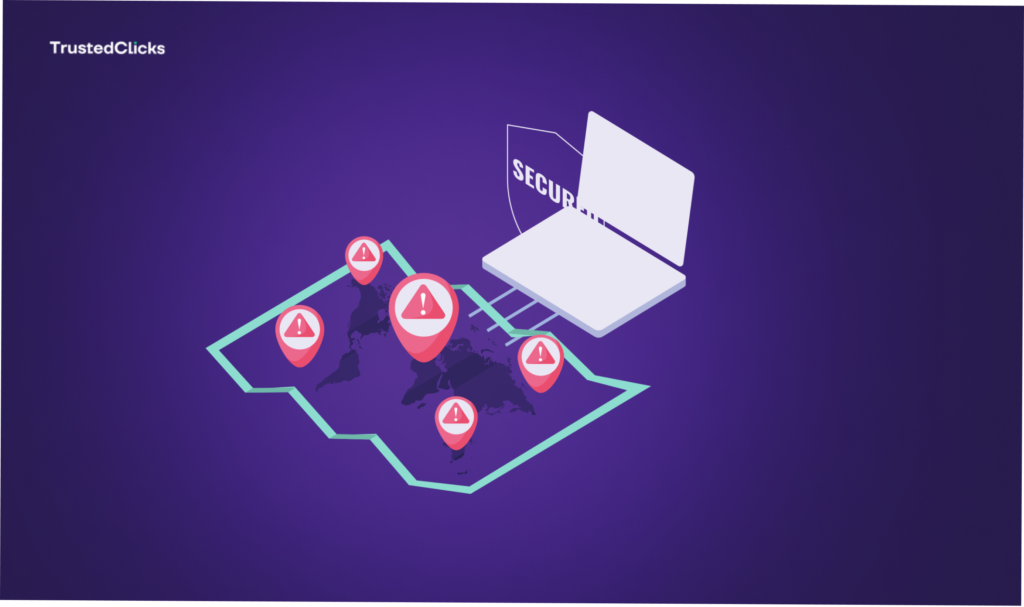- E-Commerce Security, Affiliate marketing
IP Score Checks: A Critical Tool for Cybersecurity and Risk Assessment


In the rapidly evolving landscape of cybersecurity, the need for proactive measures has never been more critical. One such measure that has gained significant traction is to check IP score .This essential tool allows organizations to assess the reputation of IP addresses, helping to identify potential threats and mitigate risks effectively.
What is an IP Score?
An IP score is a numerical value or reputation ranking assigned to an IP address based on its behavior and activity history. It provides insights into whether an IP address is likely to be safe or malicious. Factors influencing an IP score include:
Spam Activity: Whether the IP address is associated with sending spam emails.
Malware Hosting: If the IP hosts malicious software or is part of a botnet.
Phishing: Links originating from the IP leading to phishing websites.
Blacklist Status: If the IP appears on global blacklists or blocklists.
Anomalous Activity: Unusual traffic patterns or repeated failed login attempts.
The lower the IP score, the higher the likelihood of malicious intent. High IP scores indicate trustworthy and benign behavior.
Why Should You Check IP Scores?
Checking IP scores is crucial for several reasons:
Enhanced Security: By identifying and blocking suspicious IP addresses, you can reduce the risk of cyberattacks such as Distributed Denial-of-Service (DDoS) or phishing schemes.
Fraud Prevention: Businesses dealing with sensitive customer information can use IP score checks to prevent fraudulent transactions and unauthorized access.
Spam Mitigation: Email service providers can assess IP scores to filter out spam and maintain a high-quality email ecosystem.
Network Integrity: Regularly checking IP scores ensures the integrity of your network by identifying and addressing vulnerabilities in real time.
Compliance: For industries with stringent regulatory requirements, such as finance or healthcare, monitoring IP reputation helps maintain compliance and avoid penalties.
How to Check an IP Score
Several tools and platforms provide IP score-checking services, including:
Threat Intelligence Platforms: Tools like ThreatConnect or Recorded Future provide comprehensive insights into IP reputation.
Online IP Checkers: Websites like Project Honey Pot, AbuseIPDB, and Talos Intelligence offer quick checks for individual IPs.
API Integration: Many IP reputation services provide APIs that can be integrated into existing cybersecurity systems for automated checks.
Steps for Checking an IP Score:
Identify the IP: Collect the IP address you wish to evaluate. This could be from logs, emails, or network traffic.
Use a Reliable Tool: Input the IP into a trusted IP reputation tool or API.
Analyze the Report: Review the score, associated activity, and any red flags.
Take Action: Depending on the result, you can block, whitelist, or further monitor the IP.
Best Practices for Leveraging IP Score Checks
To maximize the effectiveness of IP score checks, consider the following best practices:
Automate Checks: Use automated systems to perform real-time IP score evaluations, reducing manual workload and improving response time.
Regular Monitoring: Cyber threats are dynamic. Regular checks ensure you stay ahead of emerging risks.
Integrate with SIEM Tools: Combine IP reputation data with Security Information and Event Management (SIEM) tools for a holistic approach to threat detection.
Educate Teams: Train your IT and cybersecurity teams to understand and act upon IP score insights effectively.
The Future of IP Score Checks
As cyber threats become more sophisticated, the tools for assessing and mitigating risks must evolve. Advances in AI and machine learning are enhancing the accuracy and predictive capabilities of IP score systems. Additionally, integration with broader threat intelligence networks will provide even more comprehensive insights, enabling organizations to respond swiftly and decisively to potential risks.
Frequently Asked Questions
What is an IP Score?
An IP Score is a numerical representation that evaluates the trustworthiness or risk level associated with a specific IP address. It helps identify suspicious activities, such as spam, fraud, or other malicious behaviors originating from the IP.
How is IP Score Calculated?
In TrustedClicks, IP scores are calculated by analyzing various data points associated with a user’s IP address, such as location, activity trends, and other key indicators. Advanced AI algorithms process this data, evaluating behavioral patterns and adapting over time for greater precision. Using a predefined set of risk rules, the system adjusts the score by adding or subtracting points based on the detected level of risk. The final score reflects the likelihood of fraudulent activity linked to the IP address.
What should I do if my IP Score is low?
If your IP Score is low, it’s essential to take proactive steps to address the issue and restore your IP’s reputation. Start by investigating the possible causes of the low score. Common reasons include malware infections on your devices, spam activities linked to your network, or the use of flagged or blacklisted proxies.
To resolve these issues, perform a thorough scan of your devices using updated antivirus or anti-malware software to detect and remove any harmful programs. Avoid using public or questionable proxies or VPNs, as these can contribute to a negative IP reputation. Regularly update your software, applications, and operating systems to ensure they are protected against vulnerabilities. Additionally, check your email and online activities to ensure no accounts associated with your IP are involved in spamming or other malicious behaviors. Review your router or network settings for unauthorized access, and consider changing your passwords to strengthen security.
Finally, implement best practices for online security, such as enabling firewalls, using strong and unique passwords, and monitoring your network for unusual activity. If the issue persists, you may need to contact your internet service provider (ISP) for further assistance or request a new IP address if necessary.
Why should I check my IP Score?
Checking your IP Score ensures that your IP address is not flagged for malicious activity. A good score helps maintain a positive reputation online and ensures uninterrupted access to online platforms and services.
Conclusion
In today’s interconnected digital ecosystem, the ability to “Check IP Score” is a critical component of any cybersecurity strategy. By proactively assessing the reputation of IP addresses, businesses and individuals can protect themselves against a wide range of cyber threats. Whether through manual checks or automated systems, integrating IP score evaluations into your security protocols is a smart move toward a safer and more secure digital environment.
Table of Contents
Join our community!
Subscribe to our newsletter for the latest updates, exclusive content, and more. Don’t miss out—sign up today!
Recent Posts

Ethical Implications of IP Geolocation: Balancing Privacy and Security
- 5 mins read

Understanding IP Spoofing: What It Is and How to Protect Against It
- 3 mins read

The Role of IP Geolocation in E-commerce and International Marketing
- 7 mins read



